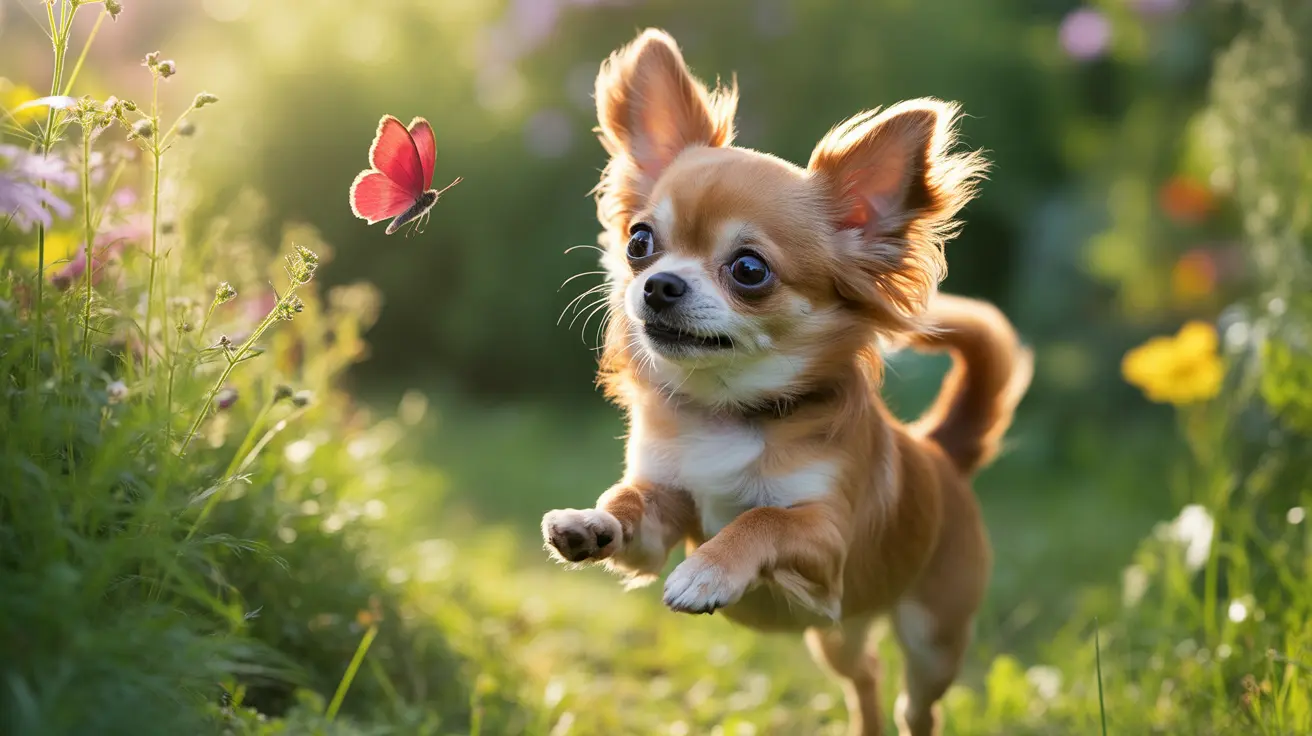Miniature dogs have captured the hearts of pet lovers worldwide, offering all the love and companionship of larger breeds in a more compact package. These pint-sized pups are perfect for apartment living, travel-friendly, and often live longer than their larger counterparts. Whether you're a first-time dog owner or looking to add another furry friend to your family, understanding the world of miniature dogs is essential for making the right choice.
Popular Miniature Dog Breeds and Their Characteristics
Tiny But Mighty: The Smallest Breeds
Some of the most beloved miniature dogs include the Chihuahua, weighing just 2-6 pounds, and the Pomeranian, tipping the scales at 3-7 pounds. These ultra-small breeds pack tremendous personality into their tiny frames and are known for their loyalty and intelligence.
Classic Small Companions
The Yorkshire Terrier and Maltese, both typically under 7 pounds, represent the perfect balance of size and temperament. These breeds are renowned for their affectionate nature and adaptability to various living situations.
Lifestyle Considerations for Miniature Dog Owners
Space and Exercise Requirements
While miniature dogs require less space than larger breeds, they still need regular exercise and mental stimulation. Most small breeds need 20-30 minutes of daily activity, split between walks and playtime, to maintain good health and behavior.
Grooming and Care Needs
Different miniature breeds have varying grooming requirements. While short-haired breeds like Chihuahuas need minimal grooming, long-haired varieties such as the Shih Tzu and Yorkshire Terrier require regular professional grooming and daily brushing.
Health and Wellness of Miniature Dogs
Small breeds often enjoy longer lifespans, with many living 12-16 years or more. However, they can be prone to specific health issues, including dental problems, patella luxation, and respiratory challenges in brachycephalic breeds like Pugs and French Bulldogs.
Training and Socialization
Despite their small size, proper training and socialization are crucial for miniature dogs. Early exposure to different people, pets, and environments helps prevent common small-dog behavioral issues like excessive barking or defensive aggression.
Frequently Asked Questions
What are the easiest miniature dog breeds to groom and maintain?
Short-haired breeds like Chihuahuas, Pugs, and Boston Terriers are among the easiest to groom, requiring only basic brushing and occasional baths. These breeds are ideal for owners who prefer minimal grooming maintenance.
How much daily exercise do small dog breeds like Chihuahuas and Pomeranians need?
Most miniature dogs need 20-30 minutes of exercise daily, divided into short walks and play sessions. However, breeds like Pomeranians may require up to 40 minutes of activity to maintain optimal health and prevent behavioral issues.
Which miniature dog breeds are best suited for apartment living?
Breeds like the Maltese, Shih Tzu, and French Bulldog excel in apartment settings due to their moderate exercise needs and adaptable nature. These breeds typically don't require large outdoor spaces to thrive.
What are common health issues to watch for in small dog breeds like Yorkies and French Bulldogs?
Common health concerns include dental disease, tracheal collapse, heart problems, and patella luxation. French Bulldogs may experience breathing difficulties due to their flat faces, while Yorkies can be prone to hypoglycemia.
How do I socialize a small, territorial breed like the Schipperke to prevent aggression?
Start socialization early with positive experiences, gradual exposure to new situations, and consistent rewards for good behavior. Professional puppy classes can be particularly helpful for territorial breeds, ensuring proper socialization in a controlled environment.






